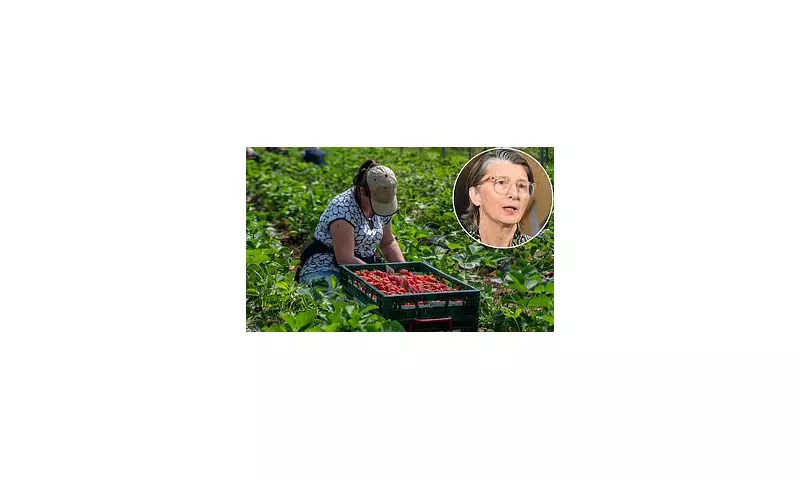
A Scottish Green MSP has claimed that Scotland requires an influx of at least one million more immigrants to work its land and help tackle the climate crisis, a statement that has ignited a fierce political debate.
Controversial Call for Mass Migration
MSP Ariane Burgess, who represents the Highlands and Islands, admitted that such a large-scale population change would present a significant challenge for the Highlands region. She questioned whether local communities were prepared for the multicultural impact of a mass influx.
Speaking at a land reform conference in Perth hosted by the Revive lobby group, Burgess argued that migrants could be better suited to agricultural work than native Scots. "Many of those people possibly have more of the earth and the skills in their bodies and their bones and possibly know how to work the land better than we do," she stated.
The Green MSP, who also serves as convener of Holyrood’s local government, housing and planning committee, emphasised the necessity of this population boost. "If there aren’t any people in the straths and the glens, we’re not going to be tackling climate change," she asserted, highlighting the critical link between rural repopulation and environmental action.
Political Backlash and Broader Context
The comments have drawn sharp criticism from political opponents. Scottish Tory MSP Douglas Lumsden lambasted the proposal as "bonkers remarks" that demonstrate how out of touch the Scottish Greens are with the public.
Lumsden further criticised: "If Ariane Burgess and her Green colleagues had their way, we wouldn’t have any borders at all." His remarks underscore the deepening political divisions over immigration policy in Scotland.
Burgess's comments coincide with contentious plans to house approximately 300 asylum seekers at Cameron Barracks in Inverness city centre. The proposal has already sparked local controversy, with Green councillor Chris Ballance suggesting the newcomers should be offered a civic buffet as a welcome gesture.
Ballance defended the initiative, stating: "Of course some may be economic migrants, so what? Young people, with enough get up and go, to risk their lives crossing seas and continents to work. Isn't that just what we need?" He positioned the arrival of migrants as a potential solution to the depopulation crisis facing rural Highlands.
Land Reform and Future Vision
The immigration debate occurs alongside significant developments in Scottish land policy. The Scottish Parliament recently passed land reforms designed to break up some large estates and reduce the concentration of land ownership.
However, Burgess criticised these measures as insufficient, accusing ministers of showing a "lack of ambition to deliver the real land reform that is so vital." The Green MSP has been a longstanding champion of more radical land reform measures.
The Scottish Greens have defended their position, releasing a statement arguing: "Rural depopulation is a massive problem for Scotland, and so is our ageing population. We need more people to build homes, provide care and support small businesses who are crying out for more workers."
The party directly linked the need for increased migration to the economic consequences of Brexit, stating that migration can provide "the people and skills that we need to build our economy and power our public services which have been so badly harmed by the disaster of Brexit."
As Scotland grapples with interconnected challenges of demographic change, climate action, and economic development, this controversial proposal has placed immigration policy firmly at the centre of political discourse.





